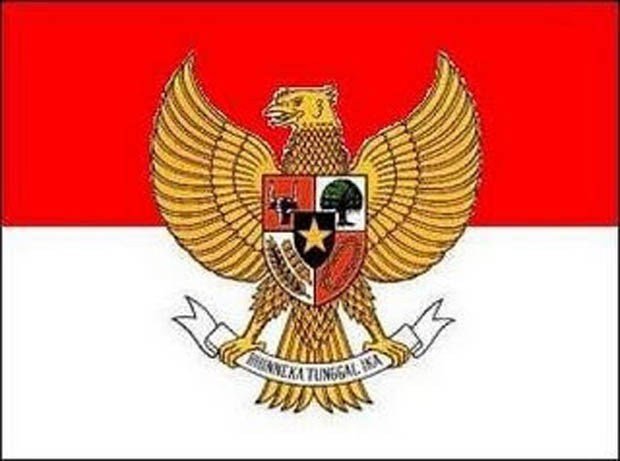
Civis 001/2015
Article 37 of the 1945 Constitution regulates the procedure for changing the 1945 Constitution. The fifth act emphasized that: “Particularly, regarding the form of unitary state of the Republic of Indonesia, there can be no change.”
When the 1945 Constitution was legalized on August 18, 1945, it was stated that “the Indonesian State is a Unitary State in the form of Republic” (Article 1 act (1) of the 1945 Constitution). On December 27, 1949, Indonesia was (forcedly) changed into the Federal State of the Republic of Indonesia (RIS), consisting of 7 states and 9 autonomous region, based on the agreement of Konferensi Meja Bundar (KMB-Round Table Conference) in 1949 with the Dutch Colonial and BFO (Bijeenkomst voor Federaal Overleg – The Federal Deliberation Assembly).
The Unitary State of the Republic of Indonesia (NKRI) was reduced into only being one of the state aside from the others such as the Pasundan State, East Indonesia State, East Sumatera State, and Madura State. The NKRI region only covered the Special Region of Yogyakarta. But RIS didn’t managed to last long because of the public demand and also from the urging of other states in the RIS itself. NKRI was dissolved on August 17, 1950 and was rebuilt with the region from Sabang to Merauke (although at that time West Irian was still under the control of the Dutch Colonial).
Indonesia history documented the rebellions of South Maluku Republic (RMS), Aceh Independence Movement (GAM), and Organization for the Independence of Papua (OPM), who wanted to separate itself from NKRI.
In the 1945 Constitution amendment process in 1999-2002, an input from a small group of citizens was also discussed in terms of changing Indonesia from a unitary state into a federal state. But these ideas didn’t gain enough support and was not accepted.
Therefore, it was concluded that being a unitary state is very important in the existence of Indonesia. This unitary state has been supported by the Indonesians regardless there were people that have disagreed in the past.

Drs. Jakob Tobing, MPA
President, Leimena Institute
Jakob Tobing is one of the most prominent architects of the new democratic Indonesia. He played an instrumental role in Indonesia’s transition from the authoritarian rule to democracy in 1998. He was then entrusted as the Chairman of the 1999 National Election Committee and the 1999-2004 Parliamentary Commission on the Constitutional Amendment – the two important bodies that decisively replaced authoritarianism with democracy in Indonesia. Under his leadership, the constitutional amendment has guaranteed the principles of democracy, rule of law, and human rights, which is now seen as a model by many other countries. He was a student leader against the old order in 1966, appointed as member of parliament in 1968, and became the Vice Chairman of the ruling party during the Suharto’s regime. But during the height of the authoritarian regime, he joined the opposition and was invited to join and establish the reform PDIP party by its Chairman Megawati Soekarnoputri, who later became the President of Indonesia. President Habibie decorated him with Mahaputera Utama medal in 1999. After more than three decades as a member of parliament, in 2004 he was appointed as the Indonesian Ambassador to the Republic of Korea, a leadership role which again he performed so outstanding that the Republic of Korea awarded him the Gwanghwa medal—the country’s highest diplomatic award. He received his graduate degree from the John F. Kennedy School of Government, Harvard University, USA.
